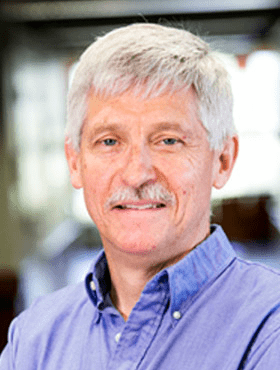In the MODEL-AD program, my focus is on creating and characterizing improved models of late-onset Alzheimer’s disease to be used in the development of novel therapeutics. This includes generation of new mouse models expressing genetic risk factors previously identified in human disease and phenotyping of clinically relevant traits to be used in preclinical testing.
We also using a genetic knock-in approach to generate more relevant models of familial (early-onset) AD, and to study genetic risk associated with key aging and disease-associated variants at theAPOE and klotho loci. As partners in a consortium focused on the role of neuroinflammation in neurodegenerative diseases, we create unique animal models useful for the study of disease etiology (e.g., fluorescent reporters for specific microglia or astrocyte cell states).
We continually strive to develop and implement improved experimental methods by partnering with companies to validate and adopt new technologies.In all projects, a main goal is to make novel resources, included animal models, information, and methods, widely available for both academic and biomedical research. Towards this goal, I am co-Director of an annual hands-on workshopPrinciples and Techniques for Improving Preclinical Translation in Alzheimer’s Disease.

